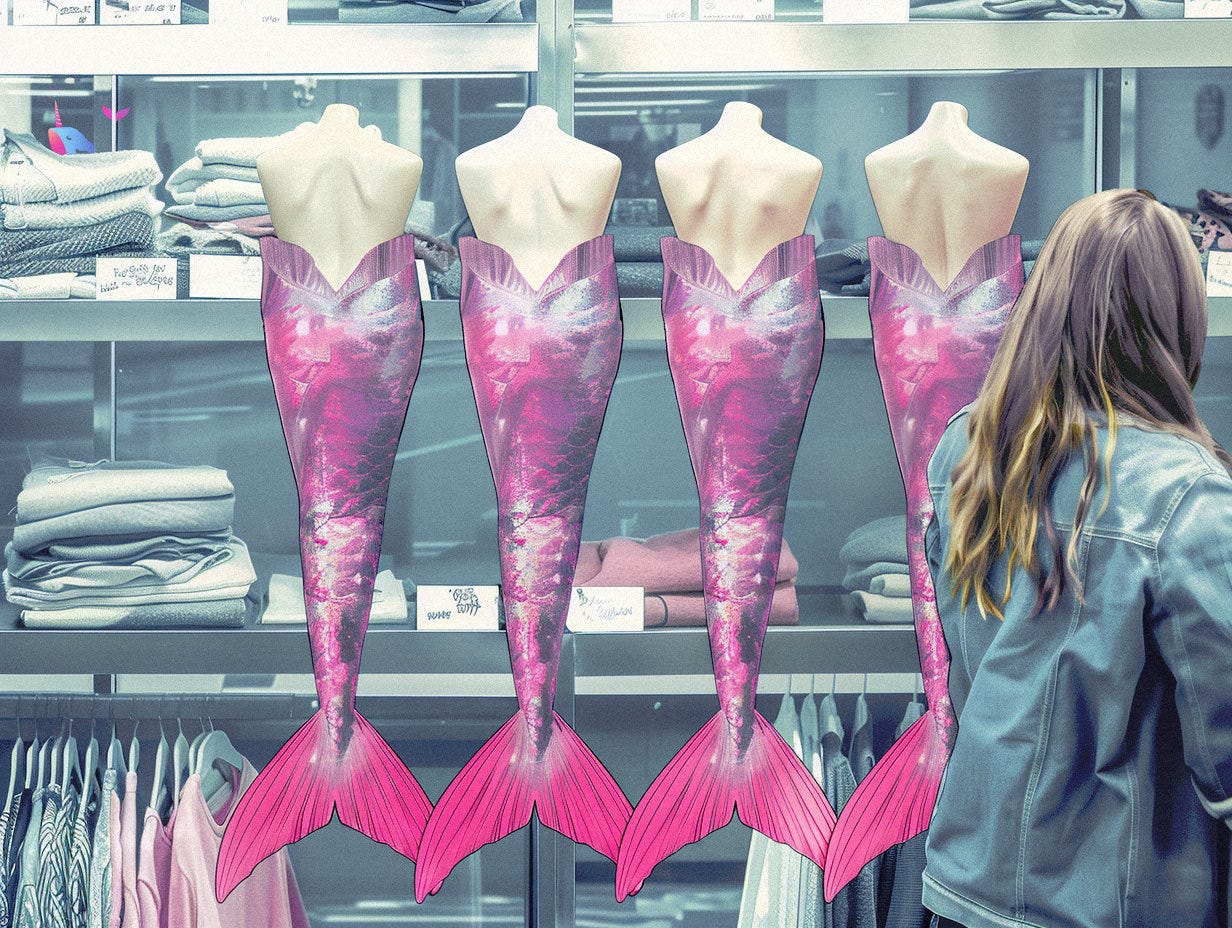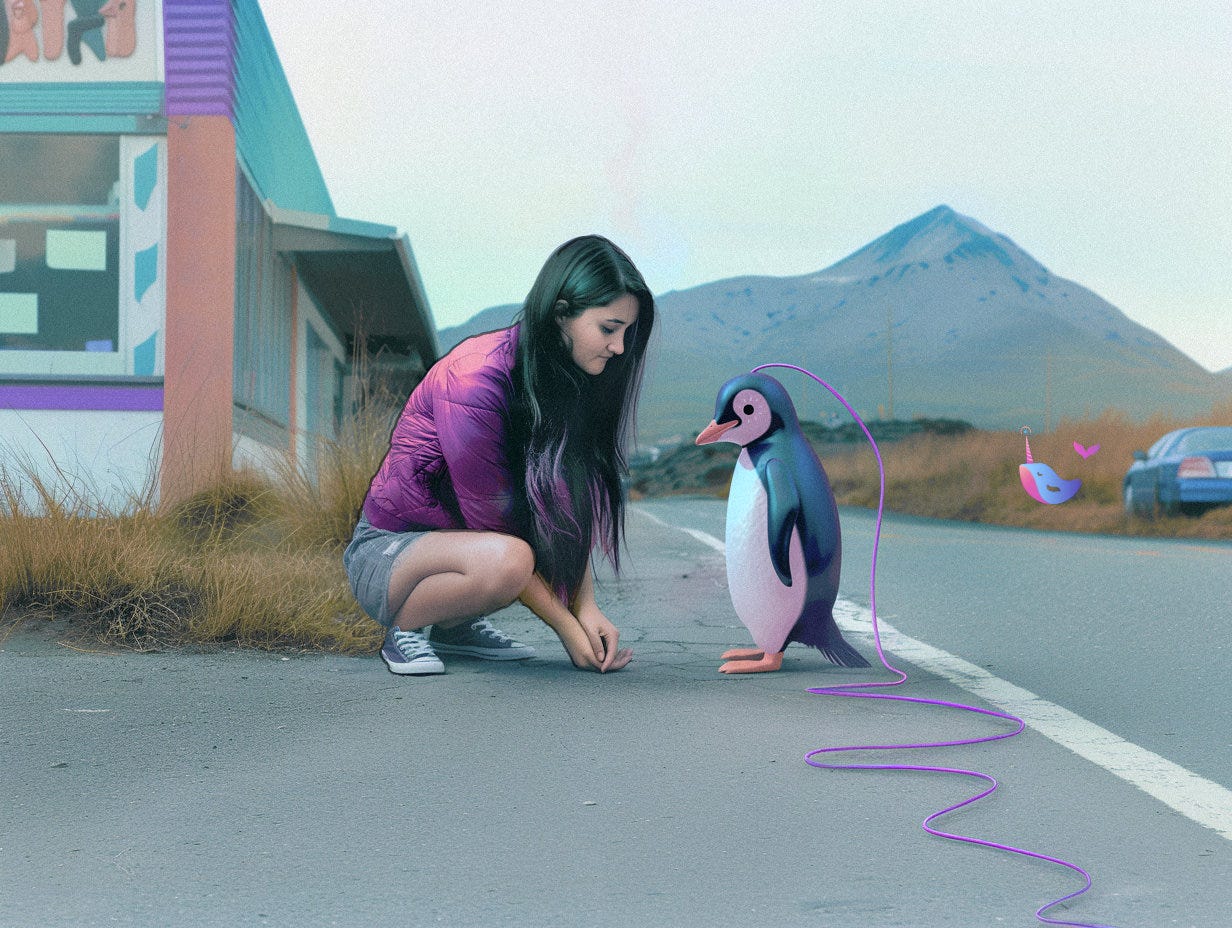Thoughts on the Miss AI drama
The funny thing about AI being disruptive is that, most of the time, it isn't because of some feature specific to AI. It's disruptive because it forces us to confront the more uncomfortable aspects of our deeply human realities in a new light.
Enters the WAICA, aka “Miss AI beauty contest” mini-drama. Creative Bloq calls it a “dystopian nightmare”. The Guardian calls it a “monumental step backwards”.
But, really…
The Guardian writes that “AI models don’t disrupt traditional beauty standards, they exaggerate them. They take every toxic gendered beauty norm and bundle them up into completely unrealistic package.”
I mean, yeah, ok. Setting unrealistic beauty standards is, indeed, a societal issue. But it has little to do with AI, and everything to do with humans.
For starters, AI models are no more capable of disruption on their own than spoons or pebbles. They lack consciousness. They lack autonomy. They are merely tools that users can employ to disrupt—or not.
It might seem like nitpicking, but considering the astonishing number of people who humanize AI only to better demonize it, this reminder seems necessary. While AI tends to rely on clichés, it can also NOT rely on clichés, provided you guide it right.
So when The Guardian claims that “AI models don’t disrupt traditional beauty standards, they exaggerate them”…
Well…
What annoys me about the anti-AI rhetoric is how often you could substitute 'AI' with 'Photoshop’ without having to change anything to the arguments. If your issue is with AI being used to perpetuate potentially toxic beauty standards, your real problem isn’t AI. It is how humans choose to use it.
AI didn’t make beauty contests problematic. If issue there is, it was baked into beauty contests from the start. And personally, I'd rather have a digital art and content creation contest like Miss AI than one that judges young women or children on their adherence to norms…
Does AI make these standards easier to spread? Yes, certainly.
But so does:
PHOTOSHOP
And also:
Photography
And also:
Internet, ads, printers, magazines, television, social networks, smartphones, peer pressure, fans who boost influencers’ fanbases without caring about whether what they see is real or not…
The list goes on forever.
All these tools contribute, to some extent, to spreading beauty standards that are… let’s say, not always super healthy. Because they're part of our cultures, and culture permeates everything.
These tools can have negative impacts, yet because they can also have positive effects, we tolerate them. Although it would seem that the general public has yet to apply the same logic to AI.
People from all sides have bought into the myth of artificial intelligence and expect AI to behave like an autonomous human—for better or worse, depending on their perspective. But AI is, in the end, just a hypermnesic dumbass. Don’t expect it to challenge clichés on its own. If you want to make a difference, harness AI and use its power to challenge the status quo.
Regardless of how you feel, AI has already survived two winters, and it would likely survive another one. For your own peace of mind, you might as well learn to coexist peacefully with it.






